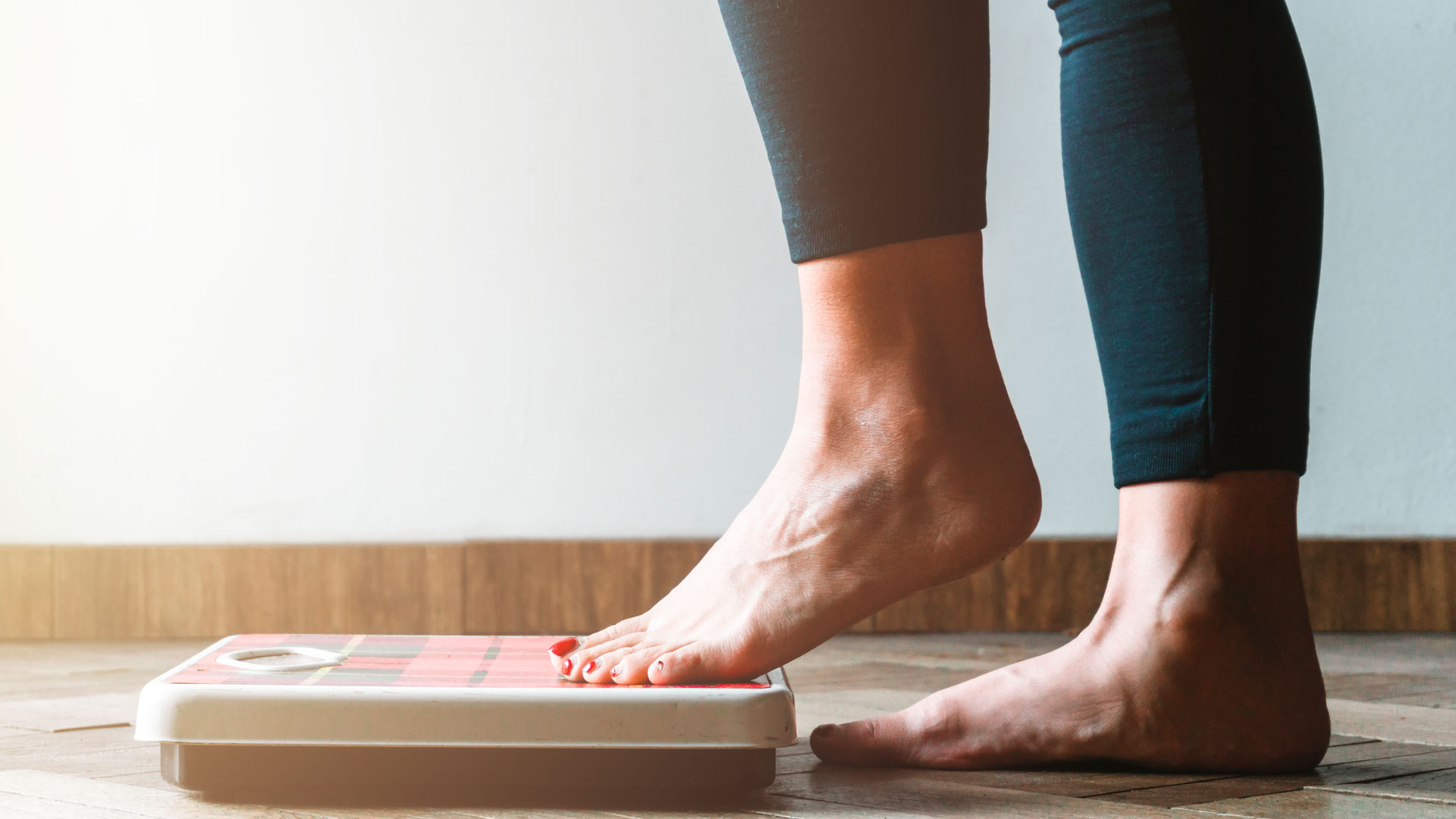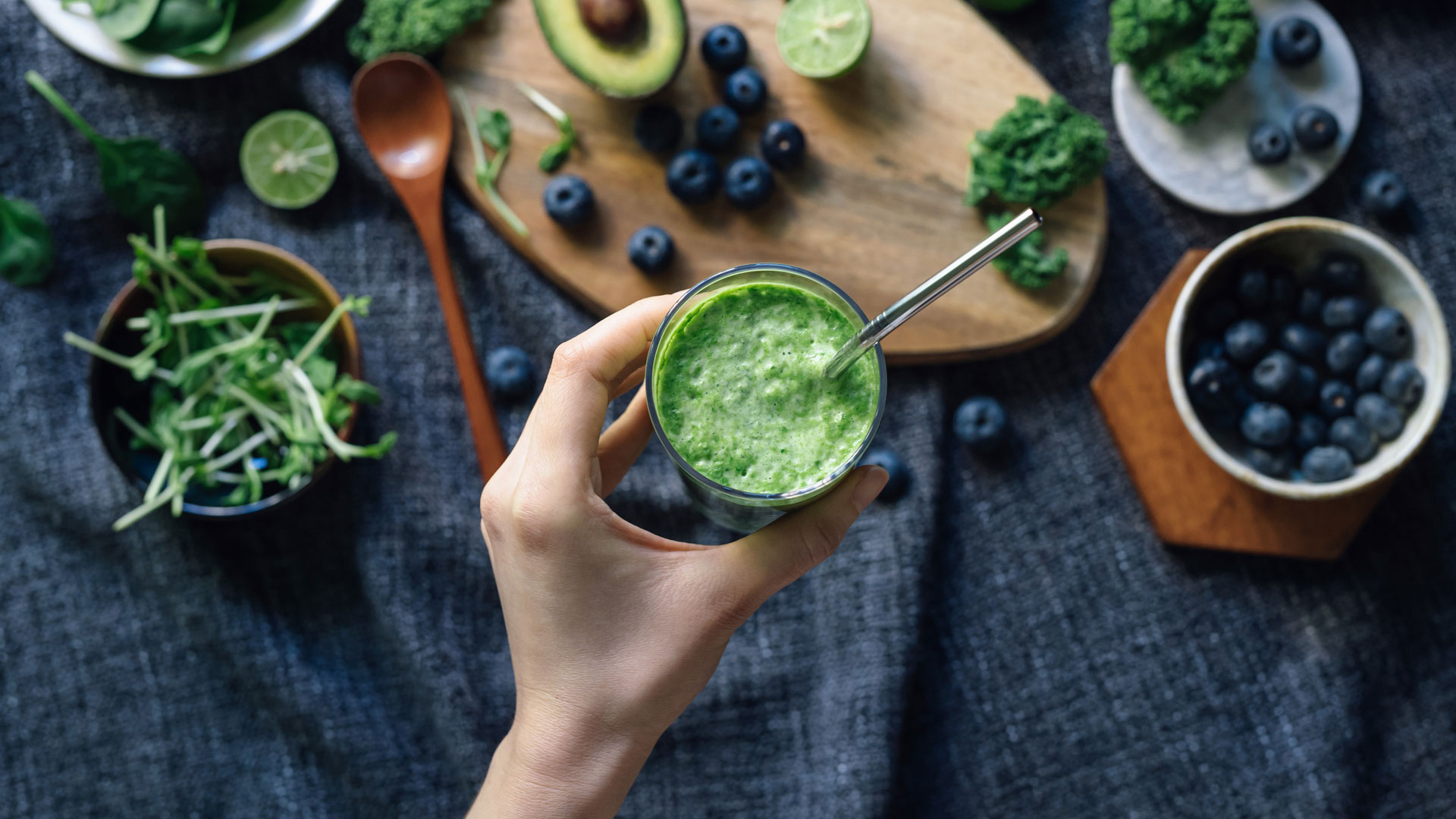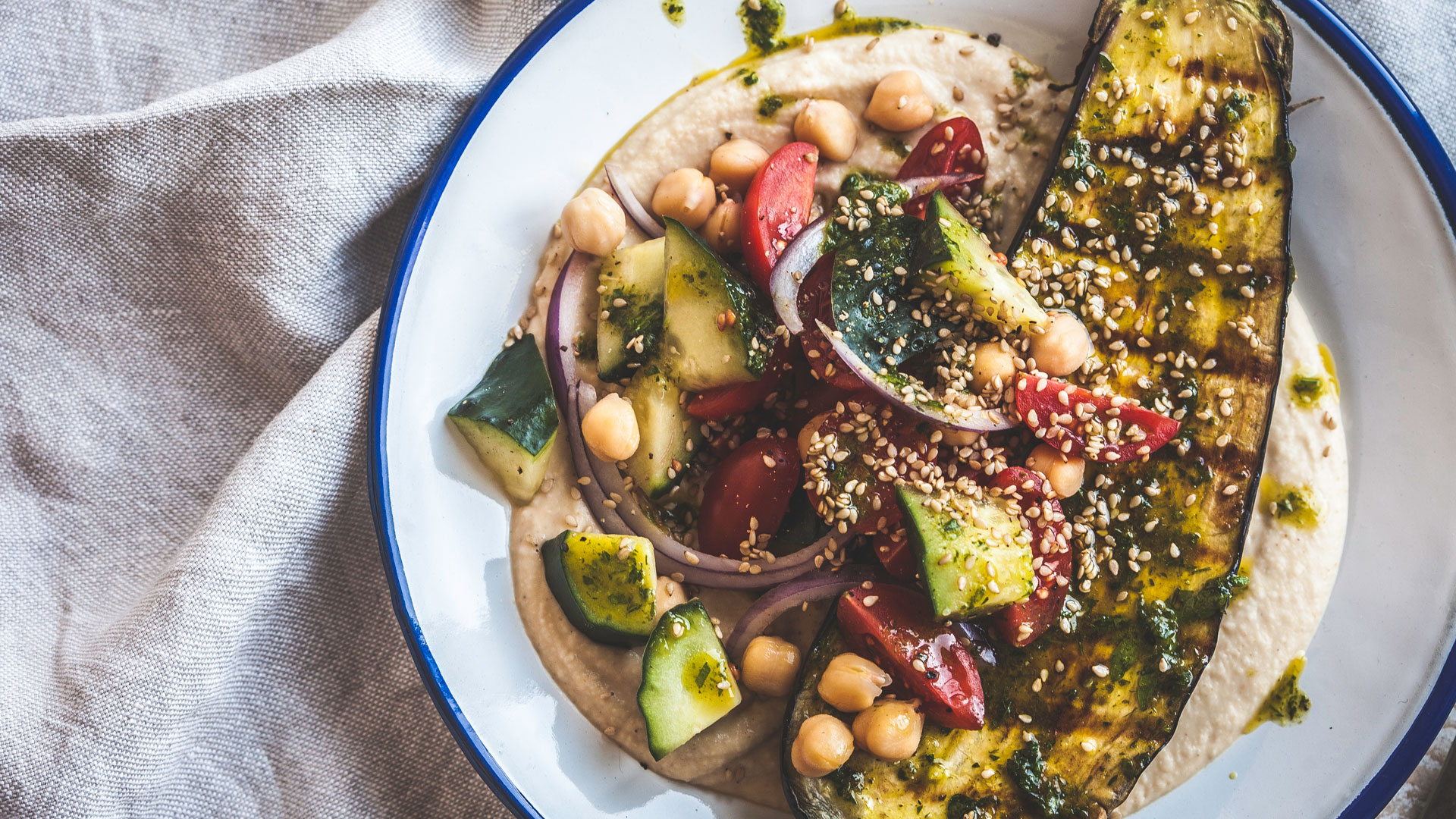What is keto?
What is keto? And what can you eat on the diet?


Start your week with achievable workout ideas, health tips and wellbeing advice in your inbox.
You are now subscribed
Your newsletter sign-up was successful
Heard a lot about the wonders of low carbohydrate diets and wondered; what is keto? We’ve got the low down. A ketogenic diet, also called a keto diet, is a very low carbohydrate diet designed to force your body to burn fat instead of glucose for energy.
Advocates of the keto diet claim that it is the most effective way to burn fat and achieve or maintain a lean body when used with the best exercise machines to lose weight. But nutrition experts worry that this diet is too strict to be sustainable for many people.
Here, we’ll tell you all you need to know about the keto diet, including what you can eat, foods to avoid, and if there are any risks of the keto diet before you decide if it is right for you. Before starting this eating plan, check with your doctor, especially if you have an underlying health condition.
What is keto, and how do you follow it?
A ketogenic diet is one in which carbohydrate intake is severely restricted. However, not all low-carbohydrate diets are ketogenic. On a ketogenic diet, your body goes into a state of ketosis, where it burns fat as fuel. This process produces ketones, which gives these diets their "keto" name.
On most ketogenic diets, you consume 70–75% of your calories from fat. Of the remainder, you consume about 5–10% of your calories from carbohydrates and the rest from protein.
Performance nutritionist David Starr explains, “Diets including under 50 grams of carbohydrate are generally known as ketogenic. When most people eat less than 50 grams a day of carbohydrate, they soon start producing high levels of something called ‘ketone bodies’ which are breakdown products of fat and are used to fuel cells that normally depend on glucose.”
“Your brain and the nervous system usually run on glucose. Fueling it mostly with ketones may provide benefits to some people. The main condition this has been studied for is epilepsy, where it shows benefits, but other conditions are being studied.”
Start your week with achievable workout ideas, health tips and wellbeing advice in your inbox.
Research has shown that the ketogenic diet can cause significant reductions in seizures in epileptic children. Doctors usually recommend the ketogenic diet for children whose seizures have not responded to several different medicines. The keto diet is usually not recommended for adults with epilepsy, mainly because the restricted food choices make it hard to follow. It’s best to always consult your doctor before starting a new diet plan.

What foods can you eat on keto?
Weight loss and lifestyle coach Anne Larchy tells us the foods to eat on the keto diet:
- Meats: Chicken, pork, steak, ground beef, lamb, bacon, turkey, ham.
- Fatty seafood: Salmon, tuna, mackerel, trout.
- Shellfish: Crab, clams, oysters, lobster, mussels.
- Most fats and oils: Eggs, butter, coconut oil, olive oil, ghee, lard, avocado.
- High-fat dairy: Heavy cream, soft and hard cheeses, cream cheese, and sour cream.
- A selection of vegetables: Cauliflower, cabbage, broccoli, zucchini, green beans, peppers, eggplants, tomatoes, asparagus, cucumber, onion, mushroom, spinach, lettuce
- Most nuts: Almonds, peanuts, macadamia nuts, pecans, hazelnuts, walnuts, and their retrospective kinds of butter (look for unsweetened varieties).
- A selection of berries: Blueberries, blackberries, raspberries, all in moderation.
- All spices

With the keto diet, it’s best to stick to whole foods with as little processing as possible. This is because processing food can add chemicals, including sugar and sweeteners, which are not keto-friendly.
What can't you eat on keto?
- Almost all fruits: Apples, bananas, oranges, grapes, watermelon, peaches, melon, pineapple, cherries, pears, lemons, limes, grapefruits, plums, mango.
- Most grains: Wheat, rice, rye, oats, corn, quinoa, barley, millet, bulgur, buckwheat, and sprouted grains.
- Starches: Bread, bagels, cereal, pasta, rice, corn, oatmeal, crackers, pizza, popcorn, granola, muesli, flour.
- Legumes: Black beans, kidney beans, pinto beans, navy beans, soybeans, peas, chickpeas, lentils.
- Real sweeteners and sugar: Cane sugar, honey, maple syrup, agave nectar, Splenda, aspartame, saccharin, and corn syrup.
- Sweet treats: Candy, chocolate, cakes, buns, pastries, tarts, pies, ice cream, cookies, pudding, and custard.
- Processed cooking oils: Canola oil, soybean oil, grapeseed oil, peanut oil, sesame oil, and sunflower oil.
- Alcohol: Beer, cider, sweet wines, and sweetened alcoholic drinks.
- Bottled condiments: Ketchup, BBQ sauce, tomato sauce, some salad dressings, and hot sauces that contain added sugar.
- Low-fat dairy: Skimmed milk, fat-free yogurt, low-fat cheese, and cream cheese should be swapped for higher-fat counterparts.
What are the risks of a keto diet?
The ketogenic diet's short-term effects (up to two years) are well reported and established. However, the long-term health implications are not well known due to limited research in this area.
For those with healthy kidneys, one of the most significant potential risks of the keto diet is the development of kidney stones. This finding has been frequently noted in pediatric epilepsy research. The keto diet's emphasis on high-fat, animal-based foods while excluding many fruits and vegetables promotes an ideal environment for the development of kidney stones.
The keto diet can also be high in saturated fat. The American Heart Association recommends aiming for a dietary pattern that achieves 5% to 6% of calories from saturated fat because of the link to heart disease.
Since the keto diet restricts several foods, especially nutrient-filled fruits, whole grains, and legumes, it may fail to provide recommended amounts of vitamins and minerals. A study that evaluated the nutrient makeup of common diets revealed that very low-carb eating patterns provided sufficient amounts for only 12 of the 27 vitamins and minerals your body needs to obtain from food. In the long-term, this may lead to nutritional deficiencies.
Keep in mind that the nutritional content of the keto diet depends on the specific foods that you eat. A diet rich in healthy low-carb foods, such as avocados, nuts, and non-starchy vegetables, provides more nutrients than processed meats, for example.
Diets such as the ketogenic diet are often used short-term because those without a medical condition may not be motivated enough to so many food groups. In fact, research has found that some highly restrictive diets backfire and can cause weight gain as a result.
Catherine is a freelance journalist writing across titles such as Verywell Health, Healthline, The Daily Telegraph, Refinery29, Elle, and Vogue. She specializes in content covering health, fitness, wellness, and culture.
A once reluctant runner, Catherine has competed in 30 running events in the past five years and looks forward to one day running the London Marathon.
